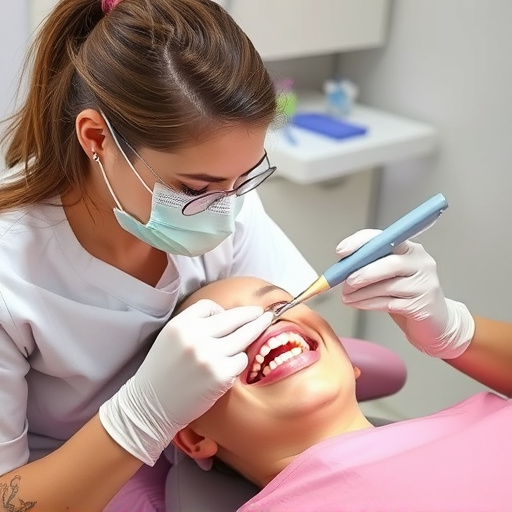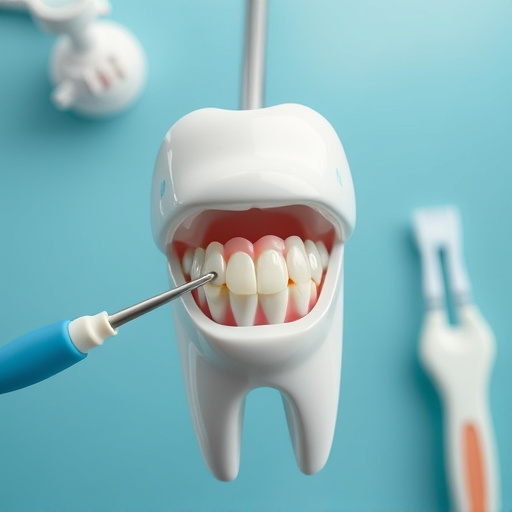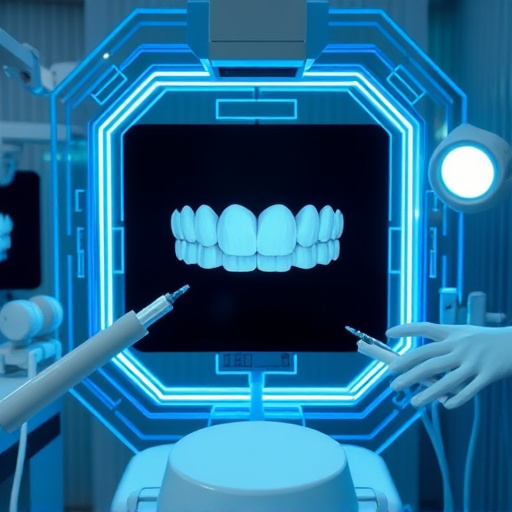Post-surgical infections (PSIs) after dental procedures are a major concern, with antibiotic therapy treatment serving as a critical component in their management. Timely administration of appropriate antibiotics prevents bacterial growth and severe systemic reactions, improving patient outcomes, reducing hospital stays, and minimizing repeat emergency treatments. Effective antibiotic therapy involves personalized medication regimens based on individual needs and optimal adherence to dosage, monitoring for adverse reactions, and surveillance of infection progression. Regular dental check-ups and proper oral hygiene further reduce PSI risks.
Post-surgical infections pose a significant challenge, often complicating recovery and increasing healthcare costs. Understanding these infections and their impact is crucial. This article explores the vital role of antibiotic therapy in managing post-operative complications, focusing on effective treatment strategies to optimize outcomes. We delve into the science behind antibiotics, their mechanisms, and best practices for prescribing these life-saving medications, ensuring timely healing while mitigating resistance.
- Understanding Post-Surgical Infections and Their Impact
- Role of Antibiotic Therapy in Infection Management
- Effective Strategies for Optimizing Antibiotic Treatment
Understanding Post-Surgical Infections and Their Impact
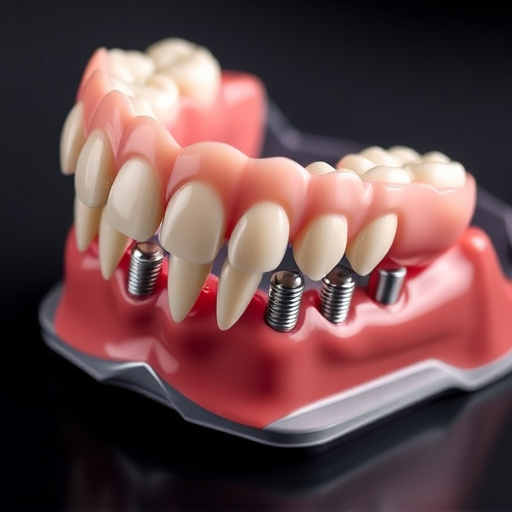
Post-surgical infections (PSIs) are a common yet serious complication following various dental procedures, such as wisdom tooth removal or emergency dental care interventions in children’s dentistry. These infections can arise due to the introduction of bacteria into the surgical site during or after surgery, leading to potential inflammation, pain, and other adverse effects. The impact of PSIs can be significant, ranging from mild discomfort to severe systemic reactions, potentially prolonging recovery periods and increasing the risk of further complications.
Antibiotic therapy treatment plays a pivotal role in managing post-surgical infections. Prompt administration of appropriate antibiotics helps suppress or eliminate bacterial growth at the surgical site, preventing the progression of PSIs. By understanding the risks and taking proactive measures, dental professionals can ensure better patient outcomes, reduce hospital stays, and minimize the need for repeated emergency dental care procedures.
Role of Antibiotic Therapy in Infection Management
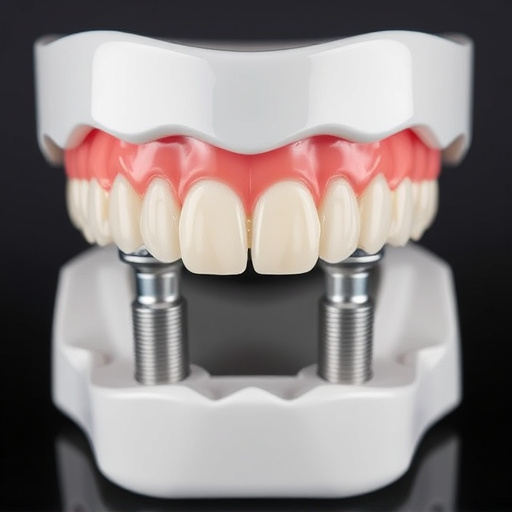
Antibiotic therapy treatment plays a pivotal role in managing post-surgical infections, particularly in fields like restorative dentistry, where procedures can introduce bacteria into the mouth. The primary goal is to prevent and control infection, ensuring a successful healing process. Effective antibiotic therapy targets specific pathogens, reducing their numbers and limiting their ability to cause damage. This proactive approach is crucial for minimizing complications and promoting optimal outcomes, especially with treatments such as clear aligners or dental implants where maintaining sterile conditions is challenging.
By administering appropriate antibiotics, healthcare providers create an environment conducive to healing. This therapy not only reduces inflammation but also prevents the formation of biofilms, which can be particularly resistant to treatment. Timely intervention with antibiotic therapy treatment significantly contributes to positive patient experiences, ensuring comfort and faster recovery in various dental procedures, including restorative options like clear aligners or implant placements.
Effective Strategies for Optimizing Antibiotic Treatment
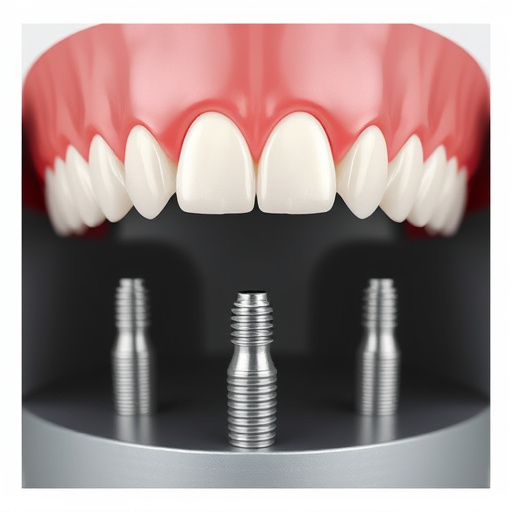
Antibiotic therapy treatment is a crucial aspect of managing post-surgical infections, ensuring optimal patient outcomes after procedures like wisdom tooth removal or dental surgeries involving fillings. Effective strategies for optimizing this treatment include several key practices. First, personalized medication regimens are essential, tailored to the specific type of surgery and the patient’s overall health status. This involves considering factors such as the patient’s age, weight, and medical history. Second, a preventive approach in dentistry can significantly reduce infection risks; regular dental check-ups and good oral hygiene practices, including proper brushing and flossing techniques, serve as robust defensive measures.
Additionally, timely administration of antibiotics is vital to ensure their effectiveness. Patients must adhere strictly to the prescribed dosage and duration, completing the full course even if symptoms improve earlier. Surveillance for adverse drug reactions and close monitoring of infection progression are also critical components of successful antibiotic therapy treatment. Early detection allows for prompt intervention and adjustments in the treatment plan, thereby enhancing recovery rates and minimizing complications after surgeries such as wisdom tooth removal or dental filling procedures.
Antibiotic therapy treatment plays a pivotal role in managing post-surgical infections, significantly reducing their impact on patient outcomes. By understanding the intricacies of these infections and leveraging effective strategies for optimizing antibiotic treatment, healthcare professionals can ensure better recovery rates and enhance overall patient care. This holistic approach, combining knowledge with targeted interventions, is crucial in navigating the complex landscape of post-surgical infection management.









